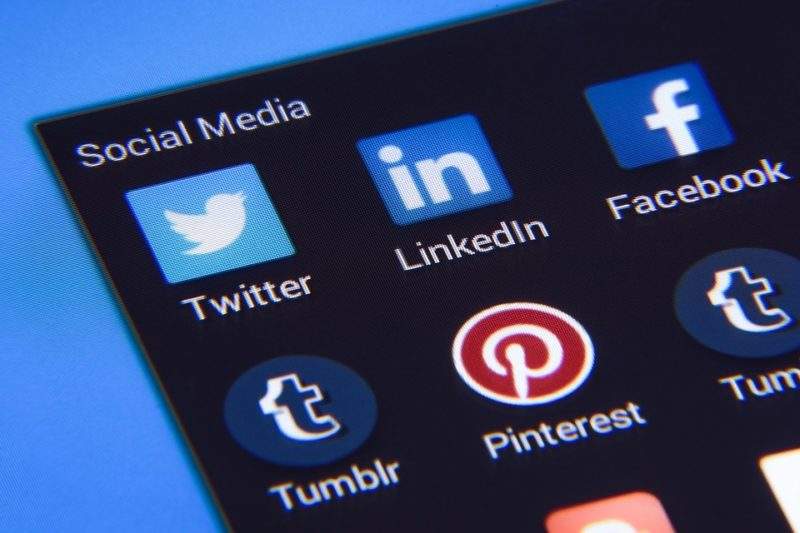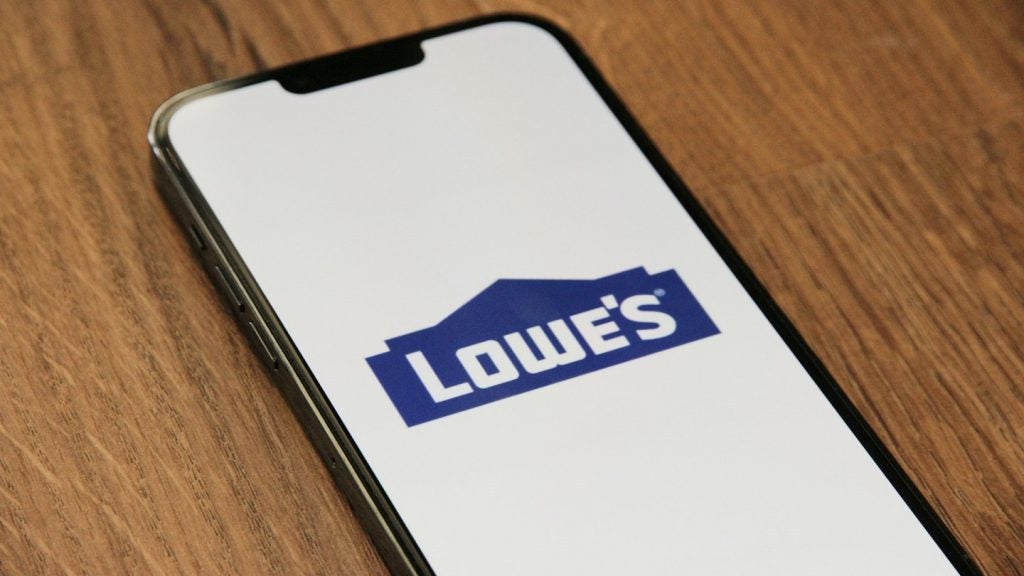
Social media influencers can be leveraged to increase brand awareness, showcase products in an authentic way, and reach audiences far wider than would be possible without them.
The problem is, however, that sometimes these audiences can be purchased. Recently, the rise of “fake” influencers raises a serious question not just about fraud, but the commercial value that brands place on the follower count of these influencers.
Unilever recently pledged never to use social media influencers who buy followers to advertise any of its brands. Keith Weed, Unilever’s Chief Marketing Officer argued that the company needs to take “urgent action” against these practices to rebuild consumer trust before it diminishes completely.
Considering that 35% of global consumers regularly use social media sites and applications for advice and tutorials according to GlobalData’s 2017 primary consumer research, this concern is valid. It is clear that this issue must be addressed if brands are to capitalize on the trust that consumers have in these influencers before it is tainted.
It is also crucial, however, to realize that consumer trust can be diminished in more ways than collaborating with influencers who purchase fake followers.
Instead, it can be argued that when selecting influencers to partner with, brands need to ensure that the influencer’s overall brand aligns with the brand’s core values in order to maintain authenticity. If it is perceived that influencers are being used simply as tools to sell a product, consumers can quickly become untrusting and disinterested in the marketing campaign and the product or service that is being promoted. Although it may be a new way of thinking for brands, a shift must take place whereby the number of followers and likes an influencer has accrued is not the primary metric for selecting which influencers to work with.
How well do you really know your competitors?
Access the most comprehensive Company Profiles on the market, powered by GlobalData. Save hours of research. Gain competitive edge.

Thank you!
Your download email will arrive shortly
Not ready to buy yet? Download a free sample
We are confident about the unique quality of our Company Profiles. However, we want you to make the most beneficial decision for your business, so we offer a free sample that you can download by submitting the below form
By GlobalDataEvidence of this lies in the rise of the “micro” or “nano” influencer. Brands are now recognizing the value of influencers with fewer than 10,000 followers, whose audiences predominantly consist of family, friends, and acquaintances, and whose posts are therefore considered more authentic and trustworthy. It is widely apparent that the ratio of likes and comments to followers decreases as an influencer’s following increases, highlighting micro influencers as having better opportunities to interact with their audiences. From a cost perspective, leveraging these micro-influencers can also be a more cost-effective form of marketing that can produce larger returns in terms of interest generated.
There is no denying that influencers with large audiences represent a highly important avenue for reaching consumers, but brands must look beyond their follower count to truly develop meaningful and trusting relationships with consumers.
In developing an engaging and impactful marketing campaign, brands including Unilever must seriously consider who they hire for their marketing activities. Collaborating with social media influencers whose values are aligned with that of the brand, irrespective of the size of their following, will work toward enhancing rather than harming the credibility of both the collaboration and the company in question.







Related Company Profiles
Unilever Plc